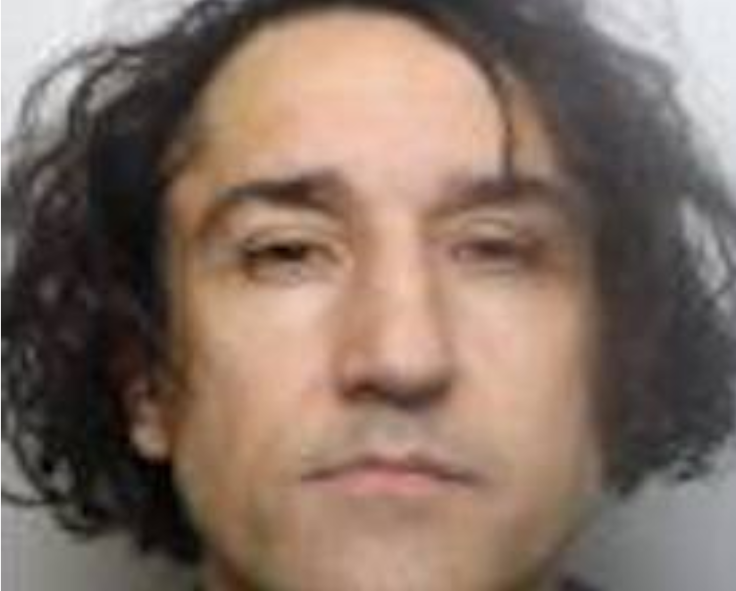Career criminal tried to buy hand grenades on the dark web with bitcoin
Paul Stellato, 46, used the name 'cocaineking247' on the dark web, the NCA said.

A 46-year-old "career criminal" has been convicted after trying to buy three grenades on the dark web using bitcoin, the UK's National Crime Agency said Friday (15 December).
On 23 November 2016, Paul Stellato, using the name 'cocaineking247', contacted a seller on the AlphaBay market, asking if advertised hand grenades could be delivered to the UK.
Two days later, Stellato, who has a total of 36 convictions for 171 offences, told the dark web vendor to send them to his flat in Manor Road, Brackley, addressed them to a fake name.
The total cost of the grenades was £277 ($370), which Stellato paid in bitcoins, the NCA said.
The culprit attempted to cover his tracks and give himself an alibi, informing the seller: "I blagged someone to get it delivered as they don't know what it is".
He later wrote: "No matter what, these are not for terrorism affairs, domestic protection only".
But according to the NCA – an agency often dubbed Britain's FBI – he had sent an image of an explosive to an associate, asking: "If I add shrapnel will it do a hole in a house?" Stellato was previously jailed for 10 years in 1998 for arson with intent to endanger life.
At Northampton Crown Court Friday, he was convicted of attempting to possess ammunition with intent to endanger life. He will be sentenced on 16 February 2018.
NCA branch commander, David Norris, commented: "Stellato is a career criminal with a very long record and a history of violence.
"It is a frightening prospect to think what he could have done with three grenades," he added. "We worked tirelessly with our partners – including the FBI and Northamptonshire Police who helped us arrest Stellato – to keep these weapons away from him."
AlphaBay was an underground platform which operated on the dark web. It was shuttered as part of a global police operation in July this year alongside another market called Hansa.
The two websites were reportedly responsible for the trading of more than 350,000 illicit goods and services including drugs, firearms, hacked records and computer malware. Europol said at the time it was "one of the most sophisticated takedown operations ever seen".






















